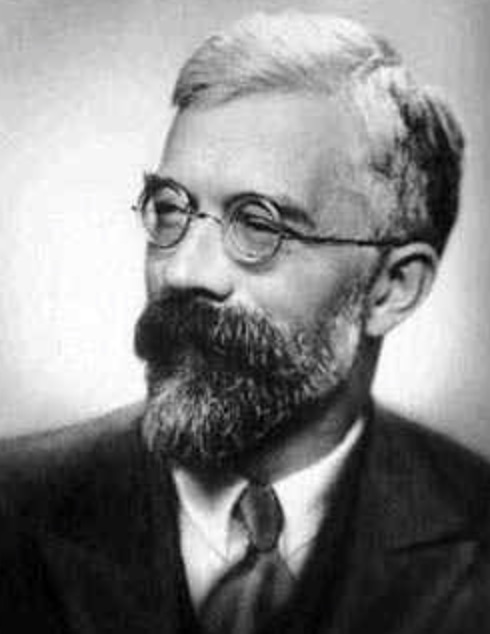Ronald Aylmer Fisher was a mathematician and statistician, born in London, England on February 17, 1890. His interest in mathematics ultimately led him to undergraduate studies in mathematics and astronomy at Cambridge University, where he became fascinated by the theory of errors and eventually to the investigation of statistical problems.

In 1919, he became the chief statistician at the Rothamsted Agricultural Experiment Station where he studied the effects of nutrition and soil types on plant fertility. In this role, he designed experiments that would determine the contribution of each variable in the outcomes of an experiment. His mathematical analysis underpinning this technique became known as the analysis of variance–a mathematical analysis that has become the cornerstone of statistical analysis in experiment design.
Fisher was a controversial character. One biographer observed, “As a penetrating thinker Fisher was outstanding; but his writings are difficult for many readers. Indeed, some of his teachings have been most effectively conveyed by the books of others who have been able to simplify their expression. As a lecturer also, Fisher was too difficult for the average student; his classes would rapidly fall away until only two or three students who could stand the pace remained as fascinated disciples. Nor was he particularly successful as an administrator; he perhaps failed to appreciate the limitations of the ordinary man. But with his wide interests and penetrating mind he was a most stimulating and sympathetic conversationalist.
Reflecting on the vulnerability of highly adapted species such as homo sapiens, he observed, “The more highly adapted an organism becomes, the less adaptable it is to any new change.”
